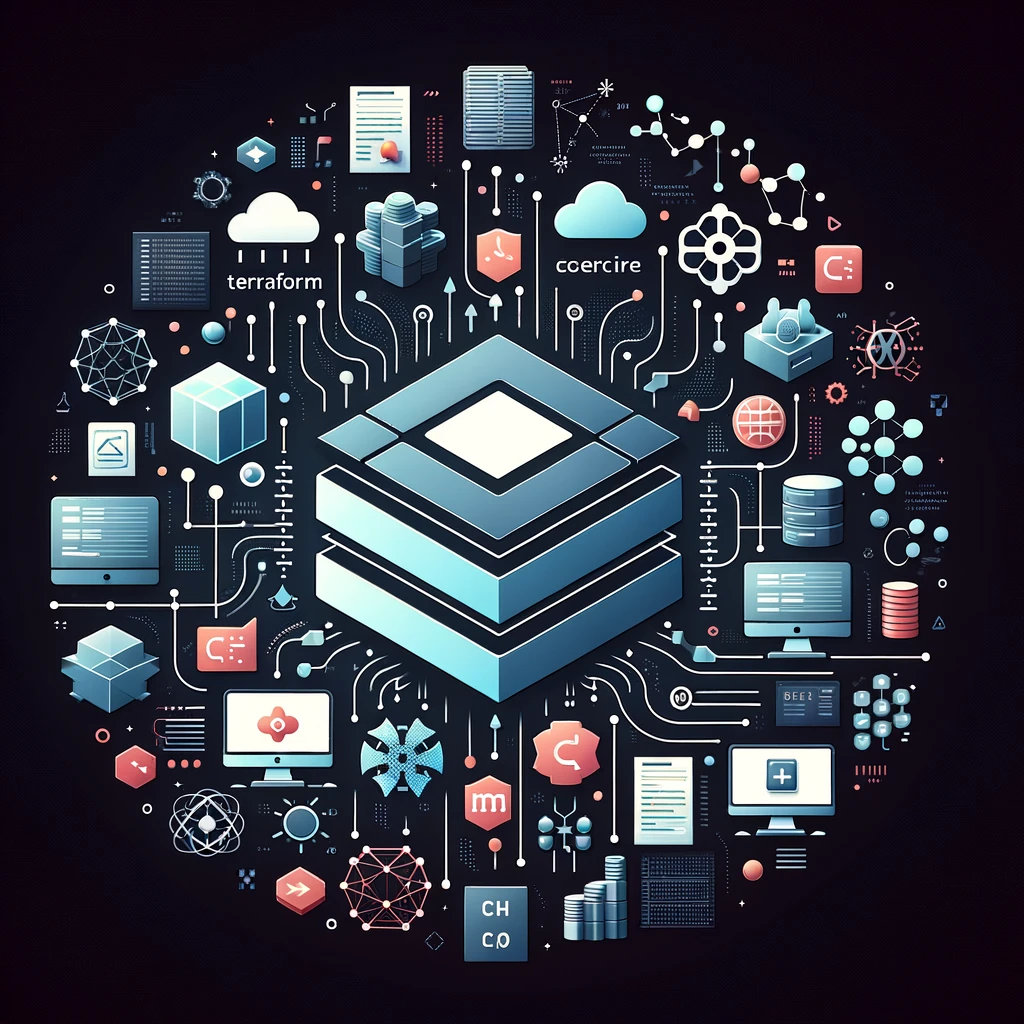In the rapidly evolving field of DevOps, staying ahead means being fluent not just in tools and technologies but in conceptual understanding as well. This article dives into common technical interview questions across four critical domains of DevOps: Terraform, Infrastructure as Code (IaC), Linux Operating Systems, and Networking—with a special focus on security. Whether you’re preparing for your next career move or looking to brush up on your knowledge, these insights will help you navigate the complexities of DevOps interviews with confidence.
Terraform and Infrastructure as Code (IaC)
1. What is Infrastructure as Code (IaC), and how does Terraform facilitate it?
Answer: IaC is a key DevOps practice that involves managing and provisioning infrastructure through code instead of manual processes. Terraform, an open-source tool created by HashiCorp, enables IaC by allowing developers to define both cloud and on-premises resources in human-readable configuration files that can be versioned, reused, and shared.
2. How does Terraform differ from other IaC tools like Ansible and Chef?
Answer: Terraform is often compared with configuration management tools like Ansible and Chef. However, Terraform primarily focuses on provisioning infrastructure, whereas Ansible and Chef are more oriented towards configuration management. Terraform uses a declarative configuration language to describe the desired state of infrastructure, ensuring idempotency and minimizing configuration drift.
Linux Operating Systems
3. How do you find which processes are using the most memory in Linux?
Answer: You can use the command top or htop to view running processes and their memory usage. For a more specific query, ps aux --sort=-%mem | head lists the top processes consuming the most memory.
4. Explain the significance of file permissions in Linux.
Answer: In Linux, file permissions determine who can read, write, or execute a file. They are crucial for maintaining system security and ensuring that sensitive data and configurations are accessible only to authorized users and applications. Permissions are assigned to the file’s owner, the group, and others (the public).
Networking Concepts and Security
5. Can you explain the difference between a firewall and an Intrusion Detection System (IDS)?
Answer: A firewall is a security device (software or hardware) that filters incoming and outgoing network traffic based on an organization’s previously established security policies. In contrast, an IDS monitors network and system activities for malicious activities or policy violations, often reporting back to a management station.
6. What is a subnet, and why is it important in networking?
Answer: A subnet, or subnetwork, is a segmented piece of a larger network. By dividing a network into subnets, organizations can improve performance and security by reducing broadcast traffic and compartmentalizing the network to contain security breaches within sub-segments.
Advanced Concepts
7. Describe how you would secure a server infrastructure using Terraform.
Answer: Securing server infrastructure with Terraform involves several best practices:
- Least Privilege Access: Use Terraform to define IAM roles and policies that grant minimum necessary permissions to resources.
- Secure State Files: Encrypt Terraform state files stored remotely and implement state locking to prevent concurrent modifications.
- Network Security: Define security groups and network ACLs with Terraform to limit access to resources based on the least access principle.
8. How would you implement a CI/CD pipeline for IaC with Terraform?
Answer: Implementing a CI/CD pipeline for IaC with Terraform typically involves:
- Version Control: Store Terraform configurations in a version control system (VCS) like Git.
- Testing: Use automated testing tools to validate configurations and catch errors early.
- Automation: Employ CI/CD tools (e.g., Jenkins, GitHub Actions) to automate the testing and deployment of Terraform configurations upon changes to the VCS.
Conclusion
Mastering DevOps technical interviews requires a solid understanding of both foundational principles and specific tools like Terraform. By preparing thoughtful responses to common interview questions in Terraform, IaC, Linux, and networking, you position yourself as a knowledgeable and versatile candidate ready to tackle the challenges of modern DevOps roles.

No responses yet